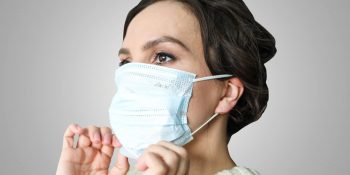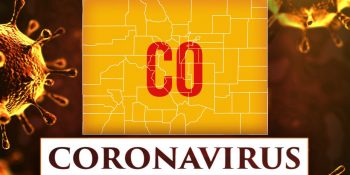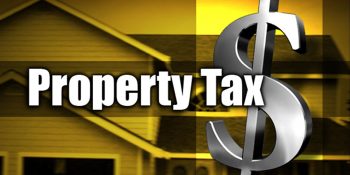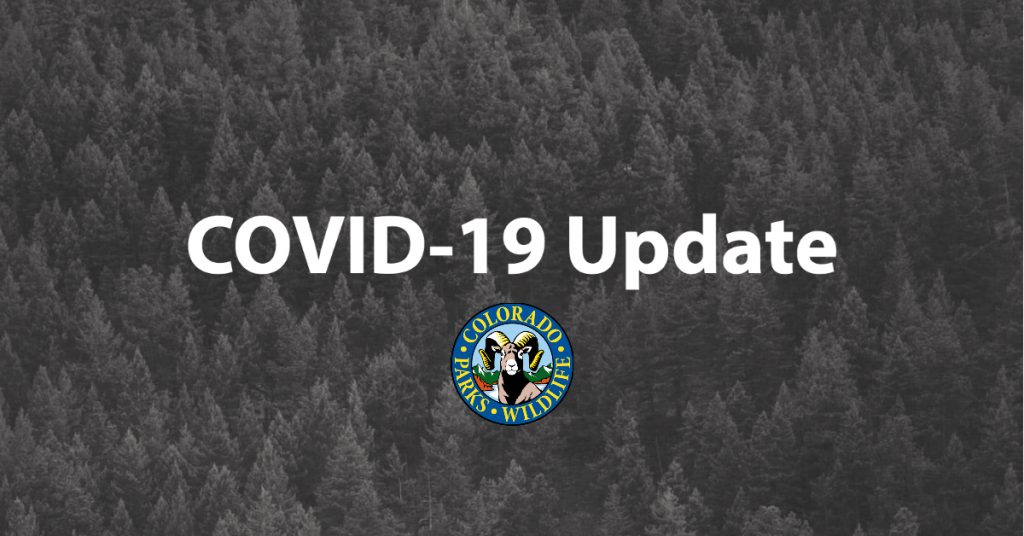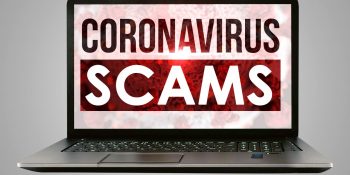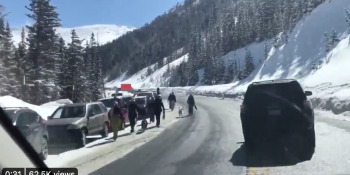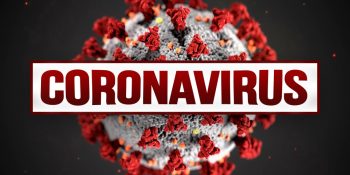A member of the Colorado Unified Command Group (UCG) working at the State Emergency Operations Center (SEOC) tested positive for COVID-19. The staff member went through daily medical screenings and was asymptomatic until April 4 when symptoms started. The staff member then contacted executive leadership and self-isolated pending testing arrangements. Test results are positive.
The Colorado Department of Public Health and Environment (CDPHE) is conducting a full epidemiological investigation to evaluate the level of exposure in the SEOC. Staff members at the facility were notified tonight. All staff were asked to:
- Evaluate whether or not they worked in the same area of the facility in the last 48 hours following public health guidance for possible exposures.
- Inform supervisors if they had contact or worked near the person before transitioning to remote work following CDPHE guidelines to self-quarantine and monitor for symptoms twice daily (including measuring your temperature) for 14 days.
- If staff were not in close contact with the member they will monitor symptoms daily for the next 14 days. Asymptomatic staff will report to work as previously assigned. Symptomatic staff will stay home and inform supervisors at the SEOC .
For the protection of all staff members the SEOC has a decontamination service clean the facility each evening. The decontamination has been in place for the last two weeks. This will continue.
Monday the SEOC will conduct twice daily medical screening, once in the morning and again mid-day. Daily health screenings were implemented at the beginning of March.
And, consistent with the Governor’s recommendations announced on Friday, UCG is embracing a culture of masking and supports the Colorado Mask Project. Staff are asked to wear a non-medical fabric cover over their mouth and nose when away from home.
image credit: MGN online
SPREAD THE NEWS
COMMENT, Like, Follow & SHARE @I70Scout
CURRENT EDITION
WEATHER & TRAFFIC PUZZLES RECENT NEWS ADVERTISE WITH US
